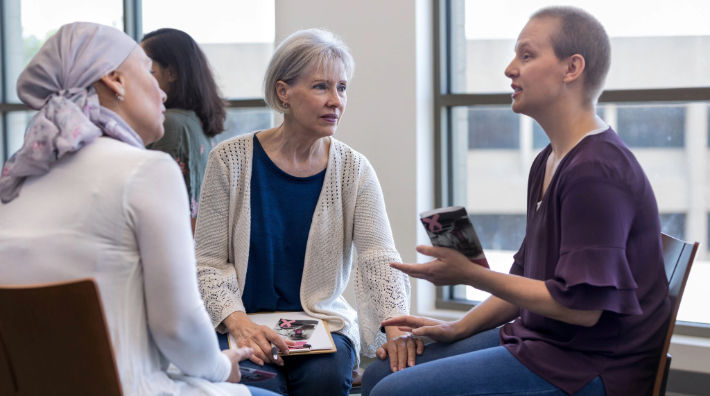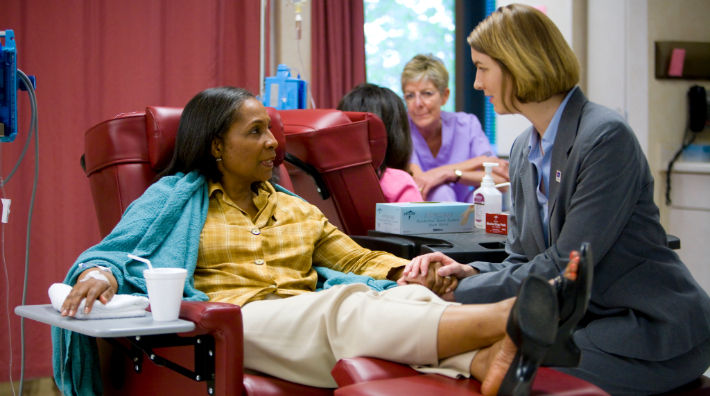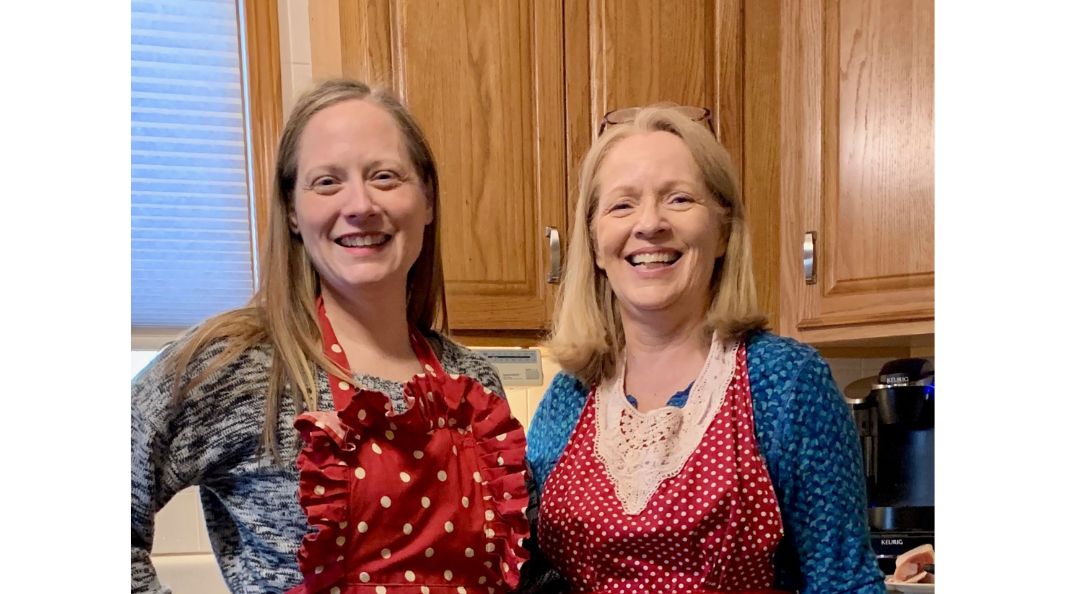Cancer Connections
Cancer News, Stories, and Conversations
Our team of experts brings you cancer-related news, features, and survivor stories.
Published on: January 9, 2026
For cancer survivors, supporting others can offer a sense of purpose. Find out more about ways to get involved, including volunteering and fundraising.
Published on: December 17, 2025
Keeping old medication can be a safety risk for people and pets. Learn how to safely get rid of unused medication, including cancer treatment drugs.
Published on: December 10, 2025
Hearing your cancer has returned can cause many concerns. Use these questions to guide your conversation with your doctor.
Published on: December 3, 2025
Research is still being done on how microplastics may be affecting your body. Get tips to reduce the amount of plastic you’re exposed to.
Published on: November 26, 2025
Knowing what will happen during your first chemotherapy appointment can help ease your anxiety. Find out how to prepare for your treatment.
Published on: November 19, 2025
Different types of cancer can form on the lips. Learn more about symptoms, treatment options, and what to expect after a diagnosis.
Published on: November 18, 2025
During a routine mammogram, doctors found something unusual in Patty Schone’s left breast. But the real danger was actually hiding in her right breast. Patty was diagnosed with ductal carcinoma in situ (DCIS) in her left breast and was scheduled for a mastectomy. But her surgeon ordered a bilateral MRI prior to surgery as a follow-up test because Patty has dense breast tissue. The MRI revealed something more serious: invasive lobular carcinoma (ILC) in her right breast. It was stage 1B and had already spread to a lymph node.
Published on: November 12, 2025
Anyone can get lung cancer, whether or not they smoke. Learn more about the causes and risk factors of lung cancer for people that don’t smoke.











